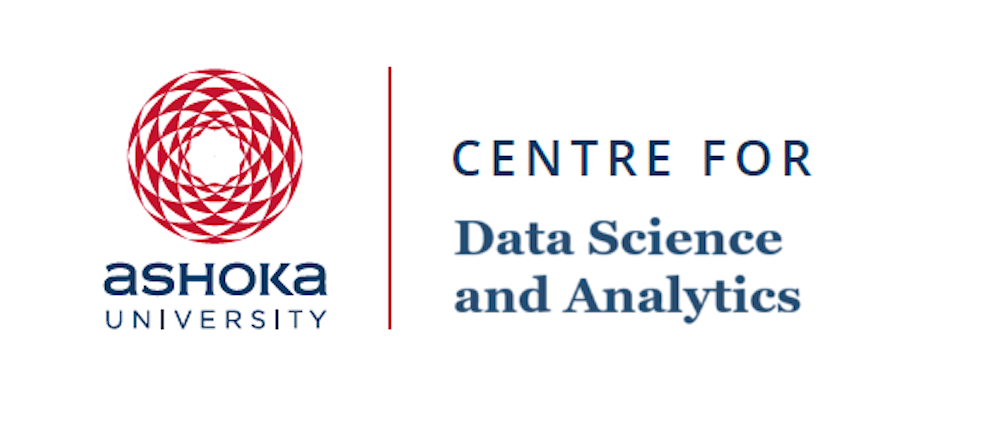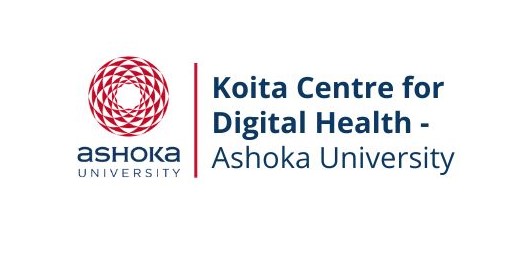About
Background
Motivation
Initial Groundwork
Research
Objective: At the Food Computing Lab, we engage in cutting-edge interdisciplinary research at the intersection of Food Research, Large-Language Models, Natural Language Processing, Knowledge Representation, Data Mining, Analytics, and Software Engineering. Our lab draws from novel AI techniques, Machine Learning, and data science to study, understand, and analyze food by developing intelligent, scalable algorithms and methods that address sustainability, efficiency, and nutritional challenges in the global food supply chain.
Focus: To build a knowledge graph for Indian food that application of knowledge graphs to model complex relationships within food systems, from farm-to-table pathways to nutritional data and environmental impacts. These computational frameworks enable the integration and reasoning over vast datasets, providing insights that drive innovation in food production, safety, and sustainability.
About Us
Acknowledgements and Partnerships
The Ashoka Mphasis Lab is a distinguished collaboration between Ashoka University and Mphasis, exemplifying the synergy of industry and academia. Initiated in 2020, this collaboration has flourished, with the renewal of funding in 2023 underscoring the significance and continued commitment of both institutions to this partnership. The lab prides itself on its interdisciplinary approach, bridging various academic realms to offer a holistic perspective on computational challenges. With students and researchers hailing from diverse disciplines, the lab ensures computational learning remains accessible and impactful. This inclusive approach not only promotes diversity of thought but also encourages students and researchers to fuse their expertise, leading to groundbreaking solutions.
The Centre for Data Science and Analytics (CDSA), Ashoka University was established in July 2023 with the vision of providing a bridge for all researchers who undertake data-centric research activities at Ashoka University. The CDSA aims to serve as a one-stop shop for the management and analysis of data across a diverse set of departments and centres, including Dept. of Economics, Dept. of Political Science, Centre for Climate Change and Sustainability, Trivedi School of Biosciences, Koita Centre for Digital Health, Centre for Interdisciplinary Archaeology Research and many more. The Centre will provide integrated services for storing, managing and analysing datasets, as well as, connecting and combining datasets across disciplines. Further, the centre aims to provide training in the tools of data science and establish itself as a key partner to all those interested in data-centric research and applications.
The Koita Centre for Digital Health at Ashoka (KCDH-A) is an interdisciplinary Centre, offering robust academic and research programmes aimed at advancing and developing a fresh perspective on Digital Health. It focuses on the convergence of healthcare, genomics, information technology, and artificial intelligence revolutions. KCDH-A aspires to nurture a new generation of Digital Health thinkers, innovators, and implementers through a balanced emphasis on education and research. The Centre offerS strong academic programmes in digital health & informatics, drive research in next generation digital health tools & solutions and create strong executive education in digital health.
KCDH-A is a joint centre of the Trivedi School of Biosciences and the Department of Computer Science at Ashoka University, established with support from Koita Foundation, a philanthropic organisation with a mission to accelerate Digital Health adoption in India. Since 2017, Koita Foundation has launched and supported multiple national scale initiatives to help create a strong Digital Health ecosystem in India, through collaboration with government, doctors, hospitals, labs, pharmacies, health insurance companies, educational establishments, and technology companies. KCDH-A is the latest in a series of partnerships to drive academic programs, research, collaboration and professional development in Digital Health.
The UC Irvine - Institute for Future Health (IFH) aims to integrate lifestyle, community, environment, and social factors in conjunction with clinical knowledge to radically transform health systems away from hospitals and into the hands of each individual. Use power of data created by the nexus of knowledge of genetics and biology, sensors, mobile technology, knowledge-based AI systems, data management, and medical technology to empower people to be healthy. Use power of mobile phones to create personal health navigators that will power healthcare for everybody — the poorest people living in the remotest areas in the world. We convert Healthcare to become a popular Personal Health Navigation approach.



